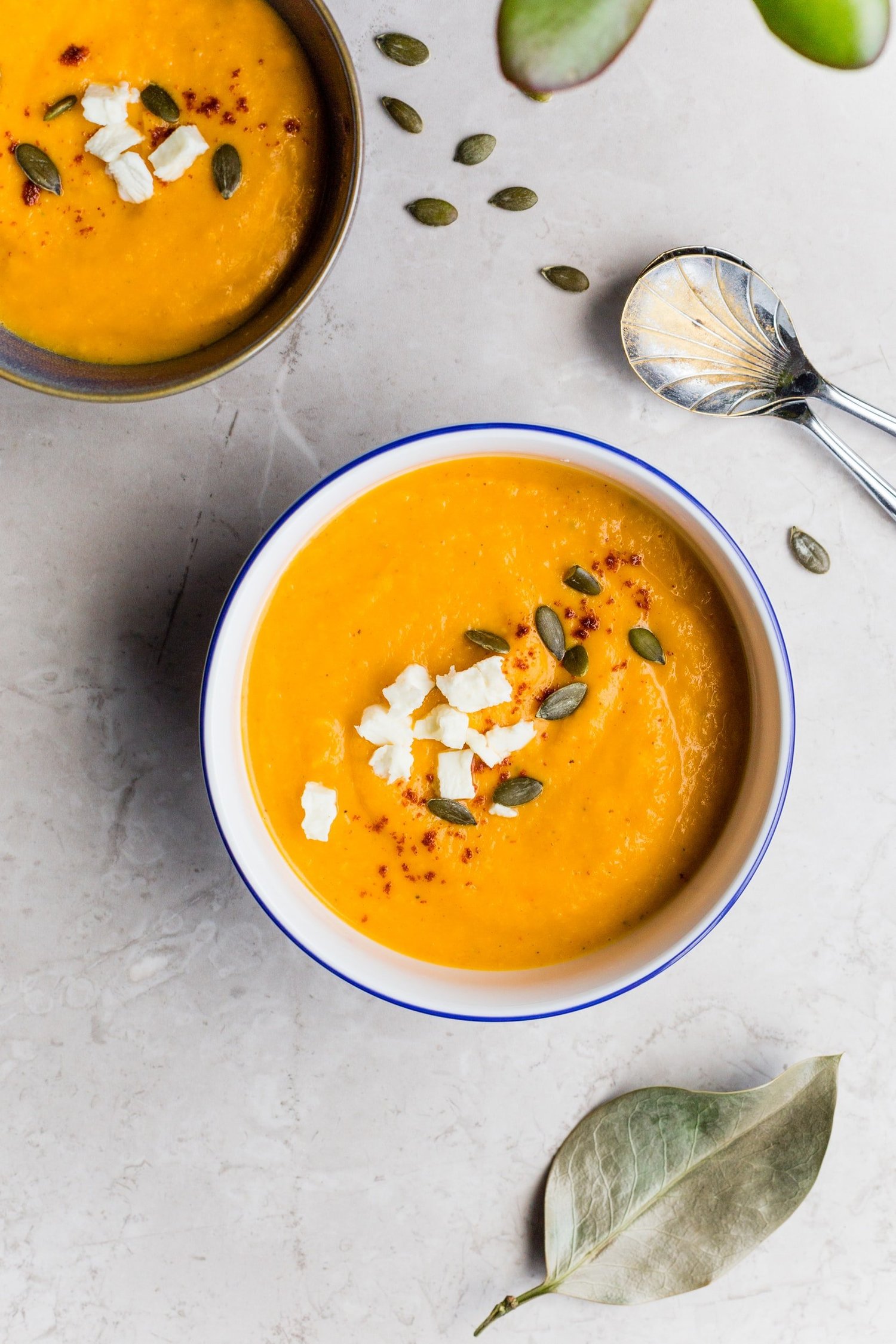Nutrients To Support Optimal Health This Winter — Eleat Sports Nutrition


As we enter cold and flu season, let’s talk about ways you can support your immune system with nutrition. Whether you are an athlete in season or off-season, staying healthy is especially important, so you don’t have to miss out on training. Research has shown a correlation between intense exercise and immune function. Intense training can cause inflammation within the body, making it more challenging for your immune system to fight off illness. While no one nutrient or supplement will prevent or cure illness, here we will discuss nutrients that play an important role in optimal health and immune function.
Vitamin D
Vitamin D is produced naturally by the sun, is a fat-soluble vitamin, and plays many vital roles in the body. It is important for bone strength, cell growth, calcium absorption, and immunity. Vitamin D deficiency may increase the risk of illness.
The recommended daily intake for vitamin D is 15 mcg (600 IU) for adults. Many individuals are unaware of how hard it is to get enough vitamin D in their diet. This is because there are only few foods that are naturally rich in Vitamin D – fatty fish like salmon or mackerel, eggs, or fortified foods like orange juice and cereal. There’s a chance, if you’re vegetarian or vegan, you may already need to be utilizing Vitamin D as a supplement.
Antioxidants (vitamins A, C, E)
Antioxidants like vitamins A, C, and E help support the immune system by reducing inflammation within the body caused by oxidative stress. Many antioxidant-containing foods like fruits, vegetables, and whole grains also contain polyphenols that have been shown to benefit health due to their strong antioxidant and anti-inflammatory properties.
Antioxidant supplements often contain mega doses (>10x higher recommended daily intake) per serving. We do not recommend antioxidant supplements for athletes, as large doses of supplemental antioxidants (vitamin C and E) can hinder the body’s natural adaptation to training. Instead, aim to consume a diet rich in antioxidant-containing foods like whole grains, fruits, and vegetables. Below are some foods rich in vitamins A, C, and E.
Vitamin A: eggs, red and orange vegetables such as sweet potatoes, pumpkin, carrots, cantaloupe, mangoes, peppers
Vitamin C: oranges, red peppers, grapefruit, kiwi, broccoli, strawberries, Brussels sprouts, peppers
Vitamin E: almonds, sunflower seeds, avocado, peanuts, oils like avocado and olive oi
Omega-3 Fatty Acids
Omega-3 fatty acids are essential fatty acids, meaning our bodies cannot produce these independently therefore they need to be consumed through the diet. Research has shown that omega-3s benefit brain and heart health and immune function, and most notably, they may benefit overall health due to their role in managing inflammation.
The three primary types of omega-3s are EPA (eicosapentaenoic acid), DHA (docosahexaenoic), and ALA (alpha-linolenic acid). EPA and DHA are found in fatty fish such as salmon, mackerel, and tuna. ALA is the plant-form of omega-3s, which can be found in walnuts, chia seeds, ground flaxseed, and flaxseed oil. The current recommended intake for ALA is 1.6 g for men and 1.1 g for women. Competitive athletes may require larger amounts of omega-3s, potentially up to 2-4 grams per day.
Probiotics
The gut microbiome (all the bacteria + fungi that reside in the digestive tract) has been shown to play an critical role in many functions throughout the body including energy production, vitamin synthesis, protecting against pathogens, and regulating the immune system. Probiotics are the good bacteria within the gut, and the greater the diversity of the microbiome, the more it can positively impact health.
Probiotics are found in fermented foods such as kimchi, sauerkraut, Greek yogurt, kefir, miso, cottage cheese, and kombucha. You can also support the good bacteria in your gut by consuming prebiotics (fiber) which are found in foods like oats, bananas, asparagus, garlic, and apples.
Iron
Iron is an essential mineral that is naturally present in many foods. Iron is a major component of hemoglobin, which helps transfer oxygen from the lungs to the tissues. Iron is also needed for growth, neurological development, cellular functioning, hormone synthesis and plays an important role in the growth and development of immune cells. Iron deficiency has been associated with impaired immune function.
The recommended daily intake for iron is 8 mg for males and 18 mg for females. Research has shown that aerobic exercise creates an added demand for iron; if needs aren’t met and iron is depleted, ATP cannot be synthesized properly. Early fatigue and diminished work capacity during exercise may occur. Female athletes participating in endurance sports especially are at increased risk of compromised iron status. Iron intake can often be a concern for vegetarian/vegan athletes due to the bioavailability of heme vs. non-heme iron. Heme iron is found in animal products like meat, poultry, eggs, and fish, while non-heme iron is present in plant sources such as leafy greens, whole grains, legumes (beans, lentils, peas), soy products, and seeds like hemp, chia, and pumpkin. Because of this difference in bioavailability, the RDA for vegetarians/vegans is 1.8x higher than for people who eat meat.
Zinc
Zinc is an essential nutrient that is needed for many functions within the body including DNA synthesis, wound healing, growth and development, cellular function. Zinc plays an important role in the immune system as it is needed for the growth and development of immune cells.
The recommended daily intake for zinc is 11 mg for males and 8 mg for females. Zinc is present in many foods such as chicken, pumpkin seeds, chickpeas, cashews, yogurt, oysters, and beef.
Article by Eleat Sports Dietitian Dana Norris, MS, RD





